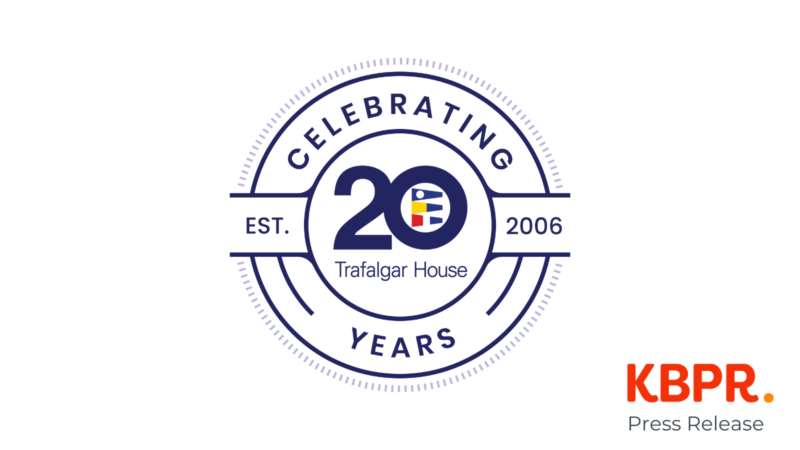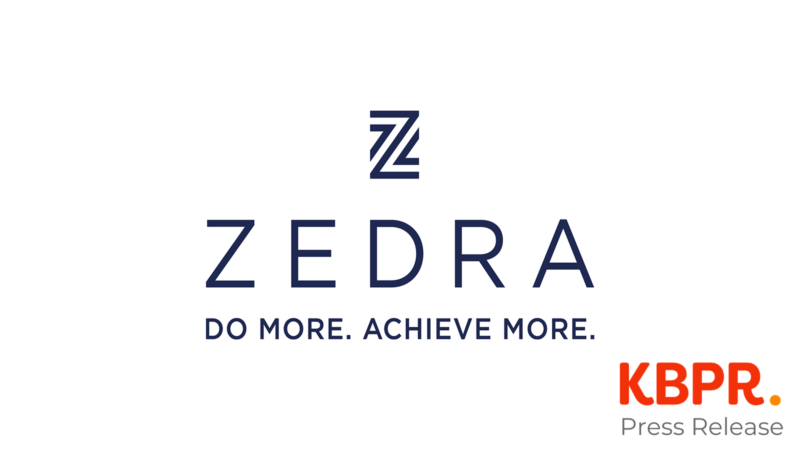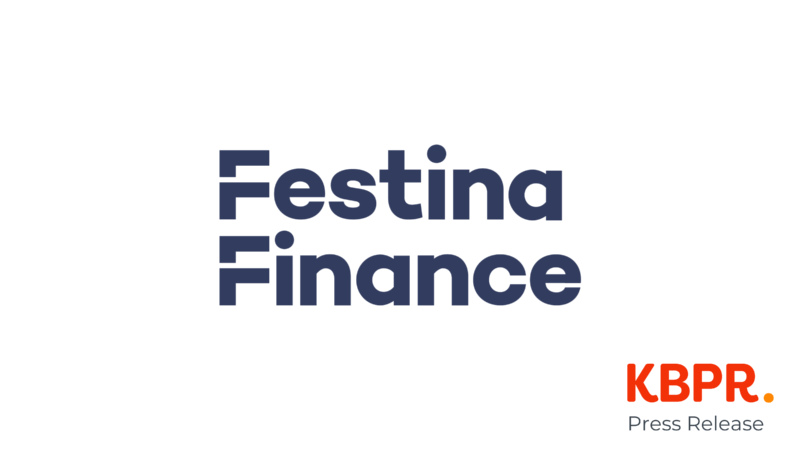
25 May 2023
In an era of growing interest in African investments, establishing regional benchmarks for private equity is key to unlocking Africa’s true economic potential. Cami Mbulawa, Head of Alternative Investment Services at RisCura explores how transparent and comprehensive benchmarks can attract capital, promote investor confidence, and drive sustainable growth across diverse African sectors and regions.
The private equity landscape in Africa has witnessed impressive growth, focusing on non-listed African enterprises poised for expansion, leading to job creation and economic development. Over the past three decades, the African private equity ecosystem has flourished, attracting numerous local and global firms dedicated to Africa’s growth.
Today is Africa Day, celebrating the successes of the Organisation of African Unity, the need for regional cooperation and focusing on unlocking Africa’s vast investment potential and driving sustainable economic progress.
According to The Africa Report, the continent is now home to over 400 private equity, venture capital, and asset management firms, with an additional 200 global firms focusing on Africa in their portfolios. This upward trend was projected to continue post the Covid pandemic, with investments in 2022 soaring 66% yearly, marking the region’s highest aggregate value in the last five years, per S&P Global Market Intelligence data.
Private equity in Africa has been historically driven by development finance institutions (DFIs), which are traditionally European. However, over the past two decades, the landscape has evolved with the participation of local institutional investors such as pension funds, leading to a stronger and more diverse financial ecosystem.
African private equity primarily emphasises both financial returns and societal impact. It actively seeks to enhance existing businesses, strengthen governance practices, preserve or expand employment opportunities, and address crucial infrastructure deficiencies. These investments contribute to the real economy, delivering tangible benefits to the local communities. Private equity firms often work closely with portfolio companies, providing guidance and expertise to drive growth and maximise their potential.
However, one major challenge African private equity investors face is the lack of comprehensive benchmarks to assess their performance. Without proper benchmarks, it becomes difficult for investors to gauge the success of their investments and compare them with others in the market. This information gap hampers investor confidence and impedes the flow of capital into African private equity. Establishing regional benchmarks for private equity in Africa is key to unlocking the continent’s true potential, fostering investor confidence, and facilitating sustainable growth in various sectors and regions. By attracting capital, promoting transparency, and providing strategic guidance, these benchmarks are crucial in navigating the dynamic African private equity market and paving the way for long-term prosperity.
To address this challenge, organisations like the Southern African Venture Capital and Private Equity Association (SAVCA) have taken a lead in establishing a benchmark for South African private equity. This initiative has been instrumental in attracting more institutional investors and demonstrating the positive impact of private equity investments. However, this regional benchmark alone is insufficient to fully capture private equity’s diversity and potential across the whole continent.
Developing regional benchmarks for other African sub-regions and for the entire continent is crucial. Doing so can provide a transparent and standardised framework that allows global investors to evaluate performance, understand risk factors, and make informed investment decisions. By transparently reporting quarterly cash flows and performance, private equity firms can showcase their positive contributions to job creation, revenue growth, and infrastructure development.
Regulatory bodies and industry associations play a vital role in adopting and promoting regional benchmarks. They can advocate for greater transparency, educate investors about the benefits of private equity, and encourage participation in benchmark reporting.
Moreover, the impact of regional benchmarks extends beyond attracting investment. They also provide valuable insights for policymakers and governments in designing effective strategies to support economic growth and development. Benchmarks offer a holistic view of the private equity landscape, identifying sectors and regions that require targeted interventions and fostering a favourable environment for sustainable growth.
As Africa continues to unlock its immense potential, harnessing the power of benchmarks for transparent private equity investments is a crucial step forward. By providing clear performance metrics and enhancing investor confidence, these benchmarks will catalyse economic progress, drive positive change, and create a brighter future.
Head of Alternative Investment Services, RisCura: Cami Mbulawa CA (SA), CD (SA)
With over 14 years’ experience, Cami heads up the alternative investment team at RisCura which provides unlisted investment services for clients across all alternative asset classes such as private equity, infrastructure and private debt. She is also the training officer overseeing RisCura’s Chartered Accountant training programme, which has produced five chartered accountants specialising in private equity. Cami’s passion for business led her to gaining invaluable corporate governance and risk management expertise which she applies as an independent non-executive director in the asset management, printing, enterprise development and state-owned entity spaces, including ministerial appointments on the University of the Western Cape council and the Takeover Regulation Panel, where she is the Audit and Risk committee chair. She is a CA (SA) and completed her articles at KPMG. Cami is a chartered director with the Institute of Directors South Africa (IoDSA).


